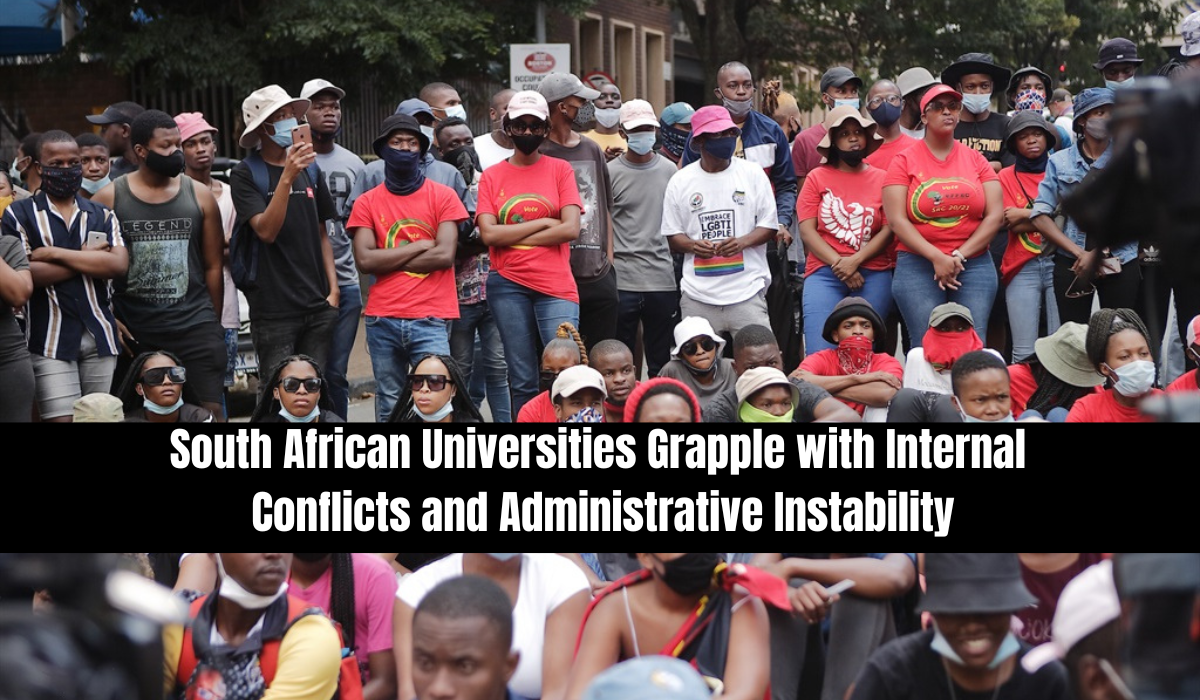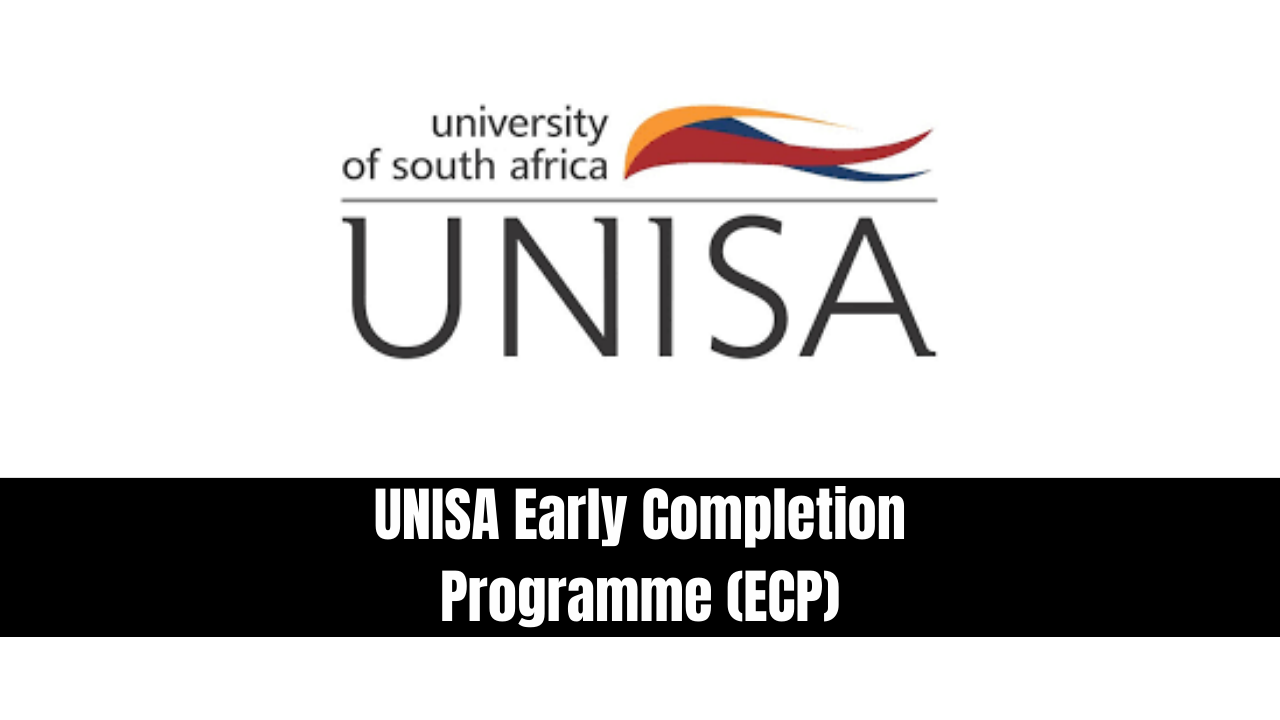South African Universities Grapple with Internal Conflicts and Administrative Instability. Internal conflicts involving university management, students, labor unions, and the Department of Higher Education and Training, led by Minister Dr. Blade Nzimande, continue to plague the South African higher education landscape. The Portfolio Committee on Higher Education, Science, and Innovation recently convened a crucial meeting involving three prominent universities – Cape Town, Fort Hare, and the University of South Africa (UNISA). The primary objective of this gathering was to delve into the underlying causes of persisting governance and administrative challenges within the higher education sector. check your application status now.
Participants:
Key stakeholders present at the meeting included university councils, management teams, representatives of organized labor, institutional forums, student representative councils, as well as representatives from the Department of Higher Education and Training and the National Student Financial Aid Scheme (NSFAS). This meeting followed a comprehensive briefing from the department on the current state of governance and administration at the aforementioned universities.
University-Specific Concerns:
University of Cape Town (UCT):
- The committee focused its discussions on UCT, with particular attention to the Independent Panel report concerning UCT governance.
- Notably, the committee sought to understand the reasons behind the departure of the former Deputy Vice-Chancellor for Teaching and Learning, as well as the subsequent exit of the Vice-Chancellor and the resignation of the former Council Chairperson.
- Concerns were raised about the non-disclosure agreement signed between the former Vice-Chancellor and the UCT Council, which obstructed transparency in light of the university’s status as a public institution.
- Furthermore, the committee expressed reservations about the review of the constitution, mandate, or terms of reference of the panel investigation following the departure of the former Vice-Chancellor. The exclusion of the former VC’s conduct from the investigation was also a matter of concern.
- The committee emphasized that the issues at UCT extended beyond the feud between two Vice-Chancellors and included challenges related to gender transformation in a predominantly male-dominated sector.
- A request was made for the independent panel’s report to be provided to the committee for review by the end of October.
University of Fort Hare:
- The University of Fort Hare reported that approximately 18 staff members were under a special protection program due to threats to their lives.
- The committee reiterated its concerns about the heavy security presence at higher education institutions.
- Praise was offered for the interventions by the Minister of Police, which had begun to yield positive results at Fort Hare.
University of South Africa (UNISA):
- UNISA informed the committee that some of the matters of interest were part of the university’s ongoing legal review against the independent assessor’s report, which is currently pending in court.
- UNISA highlighted the lack of a right of reply for university management and council before the independent assessor’s report was finalized, a violation of the principle of audi alteram partem.
- The Chairperson of the Council argued that placing UNISA under administration would harm the institution’s reputation and ranking, which had improved in recent years.
- The committee expressed its desire to engage with the Minister, the Department of Higher Education and Training, and the independent assessor at UNISA regarding concerns raised about the report.
General Recommendations:
The committee recommended strengthening stakeholder relations between senior management, organized labor, and student leaders at the universities. Additionally, it planned to revisit discussions with the National Student Financial Aid Scheme (NSFAS) to address ongoing student dissatisfaction with the scheme.
[irp]Closing Note:
This press release has been distributed by APO Group on behalf of the Republic of South Africa: The Parliament. Please note that the content has not been monitored or validated by the editorial team of African Business, and the issuer is solely responsible for its content.






